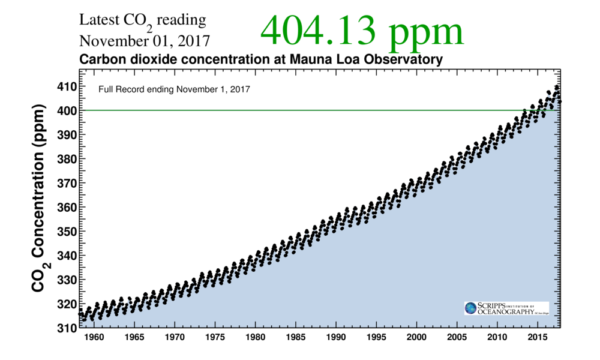Readers may recall a post a year ago about a nonsense paper by Hermann Harde that appeared in Global and Planetary Change. We reported too on the crowd-sourced rebuttal led by Peter Köhler that was published last October. Now comes an editorial by three members of the Editorial Board (Martin Grosjean, Joel Guiot and Zicheng Yu) reporting on what the circumstances were that led to the Harde paper appearing.
[Read more…] about Harde Times
References
- H. Harde, "Scrutinizing the carbon cycle and CO2 residence time in the atmosphere", Global and Planetary Change, vol. 152, pp. 19-26, 2017. http://dx.doi.org/10.1016/j.gloplacha.2017.02.009
- P. Köhler, J. Hauck, C. Völker, D.A. Wolf-Gladrow, M. Butzin, J.B. Halpern, K. Rice, and R.E. Zeebe, "Comment on “ Scrutinizing the carbon cycle and CO 2 residence time in the atmosphere ” by H. Harde", Global and Planetary Change, vol. 164, pp. 67-71, 2018. http://dx.doi.org/10.1016/j.gloplacha.2017.09.015
- M. Grosjean, J. Guiot, and Z. Yu, "Commentary", Global and Planetary Change, vol. 164, pp. 65-66, 2018. http://dx.doi.org/10.1016/j.gloplacha.2017.12.023
